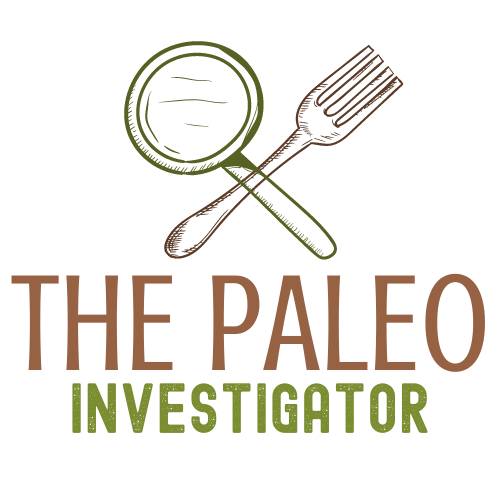Food and phlegm: a topic that might not cross your mind often, but it’s worth exploring. If you’ve ever dealt with excess phlegm, you know how uncomfortable it can be. Let’s take a look at some of the surprising foods that might be contributing to this sticky situation.
While it’s essential to keep in mind that everyone’s body is unique, certain foods have been known to increase phlegm production for many individuals.
Let’s take a closer look at some common culprits:
Dairy Products: Ah, the creamy goodness of milk, cheese, and ice cream. While these dairy delights may provide comfort for many, they can also stimulate mucus production. So, if you find yourself dealing with an excess of phlegm, it might be worth considering reducing your dairy intake.
Processed Foods: Those processed goodies that are oh-so-easy to grab on the go might not be doing your respiratory system any favors. High in preservatives and additives, processed foods can trigger inflammation and contribute to excess phlegm. Opting for whole, unprocessed foods may help reduce phlegm production.
Sugary Treats: We all crave a sweet indulgence from time to time, but excessive sugar consumption has its downsides. Sugar can lead to inflammation in the body, potentially exacerbating phlegm production. Moderation is key when it comes to satisfying your sweet tooth.
Fried and Fatty Foods: French fries, onion rings, and crispy chicken wings might be delicious treats, but they can also contribute to an overload of phlegm. Foods high in unhealthy fats can trigger inflammation, causing mucus production to go into overdrive. Swap out the deep-fried delights for healthier alternatives to support your respiratory health.
Gluten: For some individuals, gluten-containing foods can play a role in increased phlegm production. While gluten sensitivity varies from person to person, it may be worth exploring if eliminating or reducing gluten from your diet eases your symptoms.
These are just a few examples of foods that have been known to contribute to excess phlegm production. Remember, each person’s body is unique, and what bothers one might not bother another. If you find that certain foods exacerbate your phlegm issues, try reducing or eliminating them from your diet and observe the changes in your body.
As always, consulting with a healthcare professional or nutritionist can provide additional guidance tailored to your specific needs. They can help you navigate any dietary changes while ensuring you still enjoy a well-balanced eating plan.
Take charge of your health by being attentive to how your body reacts to different foods.
By making small adjustments and finding what works best for you, you can soothe that extra phlegm while enjoying a delicious, nutritious diet.
Good luck on your journey to a phlegm-free life!
Remember to consult with a healthcare professional or nutritionist before making any significant dietary changes.
